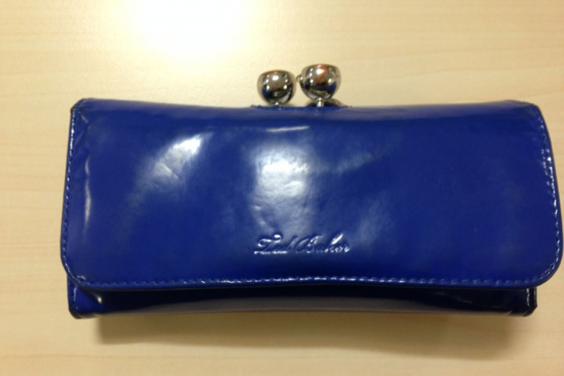Polls say he is the leading candidate, even though with a slight advantage, on his main competitor, the Socialist Martin Schulz. Hence Jean-Claude Juncker has another reason for saying “the next European Parliament would elect the President of the Commission,” not “an under the table agreement among Member States.” During the presentation of his program to the Brussels press, the EPP candidate has detailed that “The candidate of the political group that will be the strongest after the European Parliament elections will become the next Commission President”. This means that he thinks there won’t be the need of looking for alliances in the Parliament, as Schulz does, given that no party will get the absolute majority. In other words, having the relative majority would be enough to get the Presidency – and the EPP is the leading party according to polls. Juncker has also denied the rumours of him willing to become the President of European Council (and not of the Commission): “I’ve already let it, and the Eurogroup and the Council of Europe. I would have never started this electoral campaign if hadn’t been convinced of my candidacy as President of the European Commission.”
His program is largely based on the development of the euro zone and to give its representative bodies more powers, both to be able of managing possible future crisis and to boost the single market. Juncker will have five priorities: put growth and jobs at the centre of the policy agenda, with the key focus on the Digital Agenda, creating a new European energy union, signing the bilateral free trade agreement with the United States, continuing the reform of the monetary union and – last but not least – negotiating a new deal with the UK to keep it into the EU while allowing it to maintain its specificities.
Juncker said he wants to continue Commissioner Kroes’ work on the Digital Agenda, saying “we must create a single digital market for consumers and businesses” and that to do so “we will need to have the courage to break down national silos in telecoms regulation, in copyright and data protection legislation, in the management of radio waves and in competition law.” In addition, he said it is necessary to end “roaming costs,” and that he “will work on this project from day one” of his mandate.
Dealing with energy, Juncker explained that it is necessary to “diversify our energy sources,” in order to avoid dependence from the East, that is from Russia, if the price of energy “becomes too expensive, either in commercial or political terms,” aiming at making the EU “the world’s number one in renewable energies.”
Then, it will be necessary to “negotiate a reasonable and balanced trade agreement,” because it is “anachronistic” that the EU and the US still impose customs duties on each other’s goods. In order to do so, yet, it will be necessary “not to sacrifice Europe’s safety, health, social and data protection standards on the altar of free trade.” In particular, said Juncker, “the safety of the food we eat and the protection of the personal data of Europeans will be non-negotiable for me as Commission President.”
Juncker, who had been President of the Euro Group for a long time, and is avid supporter of the single currency, explained that he is going to reform the monetary union, first rebalancing “the relationship between elected politicians and the European Central Bank in the daily management of the Eurozone.” In fact, “I admire what Mario Draghi has done to save the euro,” he said, yet “the ECB neither wants nor can govern the Eurozone,” which should instead “be managed by the Commission and by the Euro Group.” The Euro Group, in Juncker’s words, “should be chaired by a full-time President,” should bear the responsibility of “the euro exchange rate” and should “have a permanent seat at the International Monetary Fund.”
At last, Juncker dealt with the necessity of finding an answer for the “British question,” convinced that “the UK is stronger inside the EU, and the UE is stronger with the UK as Member State.” To do so, the EPP candidate think it will be necessary to negotiate “a new deal, without amending the treaties,” allowing the UK to keep its specificities and its opt-out rights, maintaining the “entirety of the single market on its four pillars,” that are free movement of capitals, people, goods and services. This is a point which could allow Juncker to gain the support of the British conservatives who decided not to support him during the electoral campaign. If he had to be proposed as Commission President, he would need those votes too.



![La bandiera della Regione Lombardia [foto: Wikimedia Commons]](https://www.eunews.it/wp-content/uploads/2022/09/lombardia.png)








